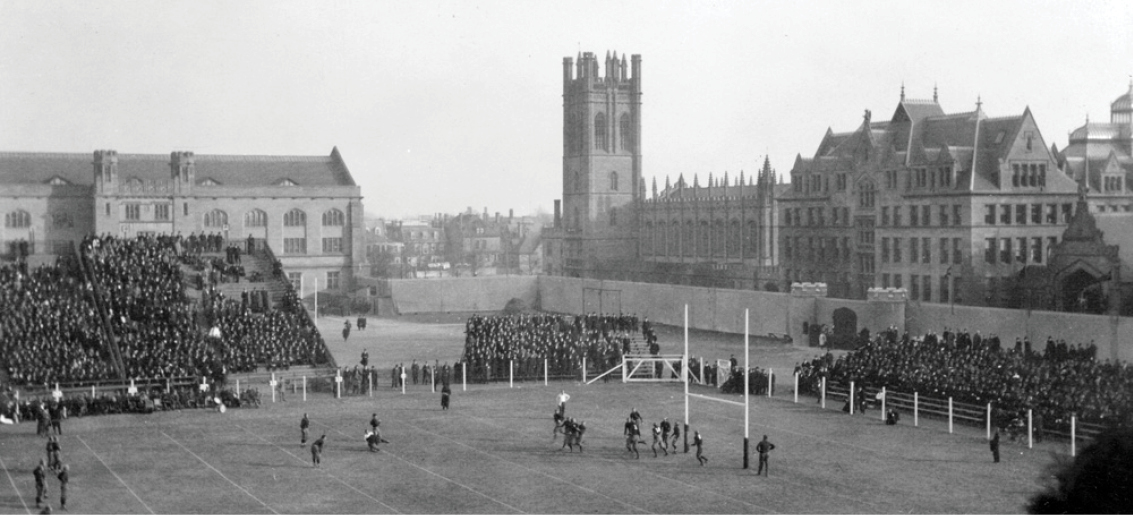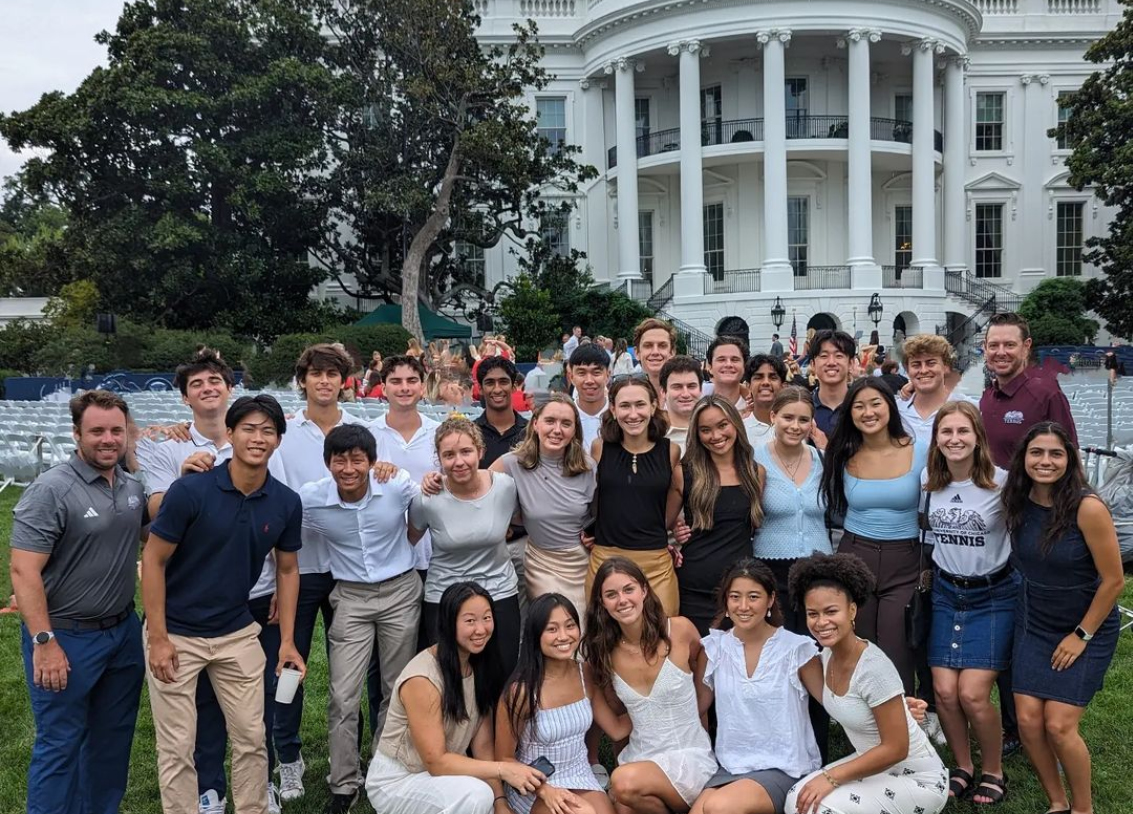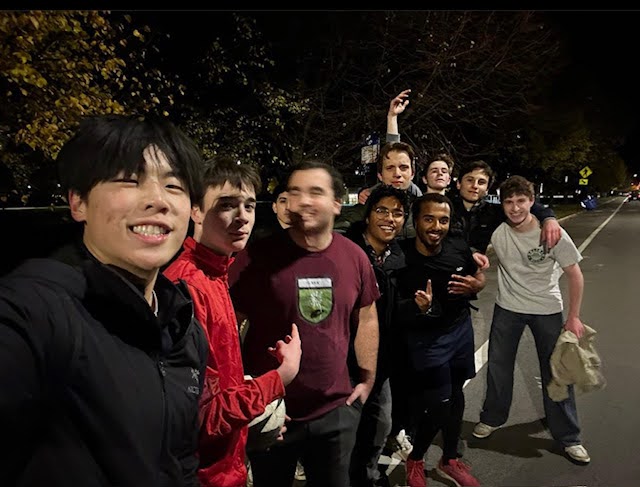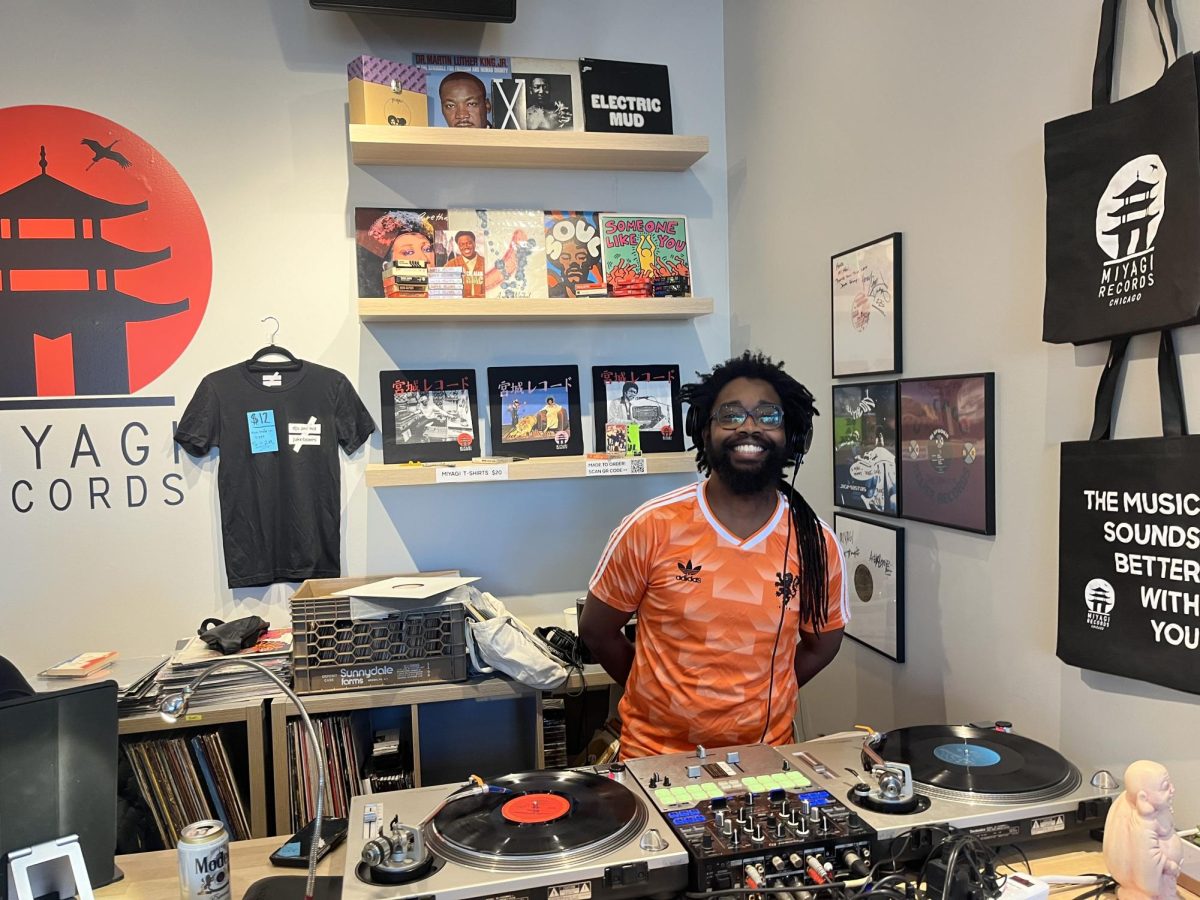Chris Paul is younger than I am.
So are Rajon Rondo, JamesOn Curry, and Sean Williams.
My dad has been saying for years how strange it is to wake up one day in your 20s and realize that the athletes you follow on a day-to-day basis are your contemporaries. Four months after my 20th birthday, I finally understand what he was talking about. It puts things in a new light. After all, when you’re young, you see adults perform all sorts of impossible tasks. But being the same age as Luol Deng puts in harsh perspective just how different he really is from you or me.
It gets me thinking. People always talk about the inordinate pressure of high-level sports competition. Now, I consider myself under inordinate pressure to keep up with the reading for War and the Nation-State. What exactly must it do to you to be 19 or 20, standing at the free throw line, down one with two shots and no time left on the clock, thousands of hostile fans screaming for you to fail, and a national television audience hanging on your every move with bated breath?
Sure, there’s an informal tradition among commentators of going easy on college players, but an army of rabid alumni and local fans have no such compunction—neither do the NBA scouts trying to determine whether you’re going to get the big-time contract you’re sacrificing your education for. It’s not life or death, but it’s not exactly a calc midterm, either.
How does that affect someone who’s still as much of a kid as anything else?
Sports psychologists would suggest that most successful players at this level deal with it by tuning it out, by simply not letting it be a distraction. One would imagine that this level of detachment from outside influences at game time would be less developed in a young player.
It’s a little hard to say without in-depth research, because your average player interview plays like the classic “cliché” scene from Bull Durham. Maybe the blank, often colorless platitudes spouted by college basketball stars really are just an indication of the mindset it takes to succeed in today’s game, but judging from the level of trash talk in the NBA, you get the impression that a lot of them are just trying to avoid a bad rap.
Being in college has no connection to being an emotionless automaton. It’s a confusing and turbulent time, marked by missteps and roadblocks on the route to wherever you’re trying to go. Maybe the reason it’s hard to think of an NCAA basketball player as being my age is because they don’t seem to demonstrate that.
That’s why this March, I’ll abandon my hatred of powerhouse franchises and root for UNC, and mercurial Tar Heel guard Rashad McCants.
Unlike most players at this level, McCants is notorious for saying exactly what is on his mind to the press, no matter what sort of trouble it causes him. Witness the “playing here is like being in jail” incident from this off-season. Not exactly what people like to hear out of a genetic lottery winner who has had the world handed to him on a silver platter. On the other hand, considering the weight on the shoulders of these players, Rashad is probably not alone in this view of his situation. In McCants’s honesty, you can finally find a big-time college athlete who you can relate to.
McCants is angsty; he worries about what people are thinking about him and admitted in a Sports Illustrated cover story to writing poetry in his spare time. (Is it more surprising that he admitted this to the sports fans of the world, or that a Div. I basketball star can write at all?) He varies from game to game from the sublime floor general whom UNC will likely need to capture the national title to being a virtual non-factor that makes mistakes and tries to learn from them. He screws up, and doesn’t care who knows that he’s ticked about it.
We’ve gotten the opportunity this year to watch him grow as a player and as a person, seen him enjoy the game more and look for the open man, rather than the open three. Yet he’s had his fair share of slip-ups, and the talking heads still openly admit that they never know quite what to make of him. Basically, he’s a kid.
I can understand how frustrating McCants must be at times for members of Tar Heel Nation. It’s great for me to be able to point to his occasional invisibility in big games and say, “Look, he’s making mistakes, learning, and growing.” If you bleed Carolina Blue, his maddening inconsistency could drive you to drink.
All the same, in a league that increasingly seems to be all about the money for all involved, it’s nice to see a little metaphor in the game, with McCants growing up in basketball just as in life. For me, at least, it’s worth a few screaming bouts with a television screen to see a college basketball player who actually acts like he’s in college.








